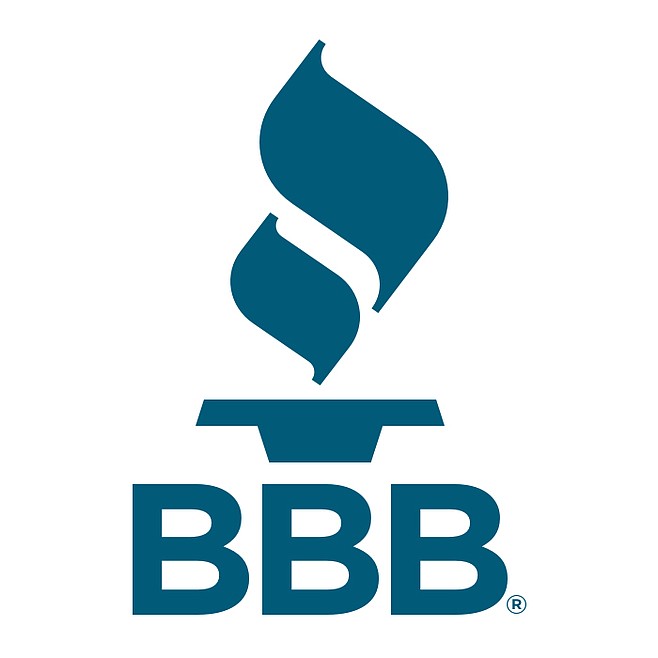How to tackle travel refunds
Spring break excursions were shelved, summer vacays are getting suspended and weekend getaways have all but gone away.
Global stay-at-home orders issued to slow the spread of the coronavirus are wreaking havoc on travel plans. With trip itineraries now either obsolete or in serious jeopardy, erstwhile vacationers are looking to recoup some of their paid expenses.
Many of them are feeling deserted.
Much of what’s happening so far with how the travel and tourism industry is responding to customers is all over the map. Each company handles its refund requests differently, and the tactics used can vary based on the traveler’s individual circumstances. Customer complaints and company responses filed to Better Business Northwest + Pacific have offered glimpses into how policies can differ.
Large online travel agencies are working closely with hotels, resorts, airlines, and other vendors to provide consumers with vouchers or refunds. Their priority is resolving issues involving current travel plans first, with an extended focus on customers who have upcoming trips scheduled. Other companies are offering credits for future stays used within the next 12-18 months, reimbursing at least portions of payments, and updating their websites to make the cancelation process easier.
“I would say the majority of companies are doing well,” says Dene’ Joubert, Investigations Manager for BBBNW+P. “The issues that we’re finding are mainly with the companies that offer accommodations. They don’t seem to have the financial ability to be as gracious with these consumers.”
These companies and others are recommending customers reference their travel insurance for recovering expenses, assuming coverage was purchased ahead of time. However, travelers who did pursue that option are finding their requests for help rebuffed because pandemics weren’t specified in the terms of the coverage agreement. As a result, lots of policies are starting to get rewritten.
“We’re experiencing changes to policies on a daily basis,” says Joubert. “It’s kind of amazing. We’re seeing companies changing things literally almost every day based on the governmental regulations going on.”
Given how quickly things are moving, it is now especially tough for customers to identify how to fix things when travel plans fall apart. An effective course of action likely begins with communication. More specifically, connect with the company used to book the trip.
“I would encourage travelers to first try and work something out with the vendor that they’ve purchased their vacation through directly,” says Joubert. “If the vendor isn’t willing to work with them, they can always turn to the Better Business Bureau to file a complaint. They can also turn to the attorney general’s office in that state where the vendor is located and even their own state.”
For those optimistic travelers who either have a trip scheduled in the near future or are thinking of booking one soon, the best advice may be to stay informed. Resorts, tourism boards and common sites like Google all offer updates that can be delivered via text or dropped into an email inbox.
“I’m letting people know that the most important thing they can do if they do want to travel is to make sure they’re paying attention,” explains Joubert. “Sign up to receive travel alerts for the areas where they’re traveling. Pay attention to government recommendations, local recommendations and the recommendations of the hotel where they’re going.”
Those actions fit into a larger need for travelers to know exactly what it is they’re committing to when they book a trip. Inside or outside of a pandemic, experiences and excursions are not necessarily guaranteed. Plans are always subject to change.
***
BBB is here to help you, so if you have any questions or information about scams you have seen, please let us know, and we are happy to help! For more information on businesses, scams, and complaints, you can call 208-342-4649 or find us online at www.bbb.org.

